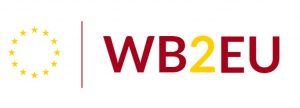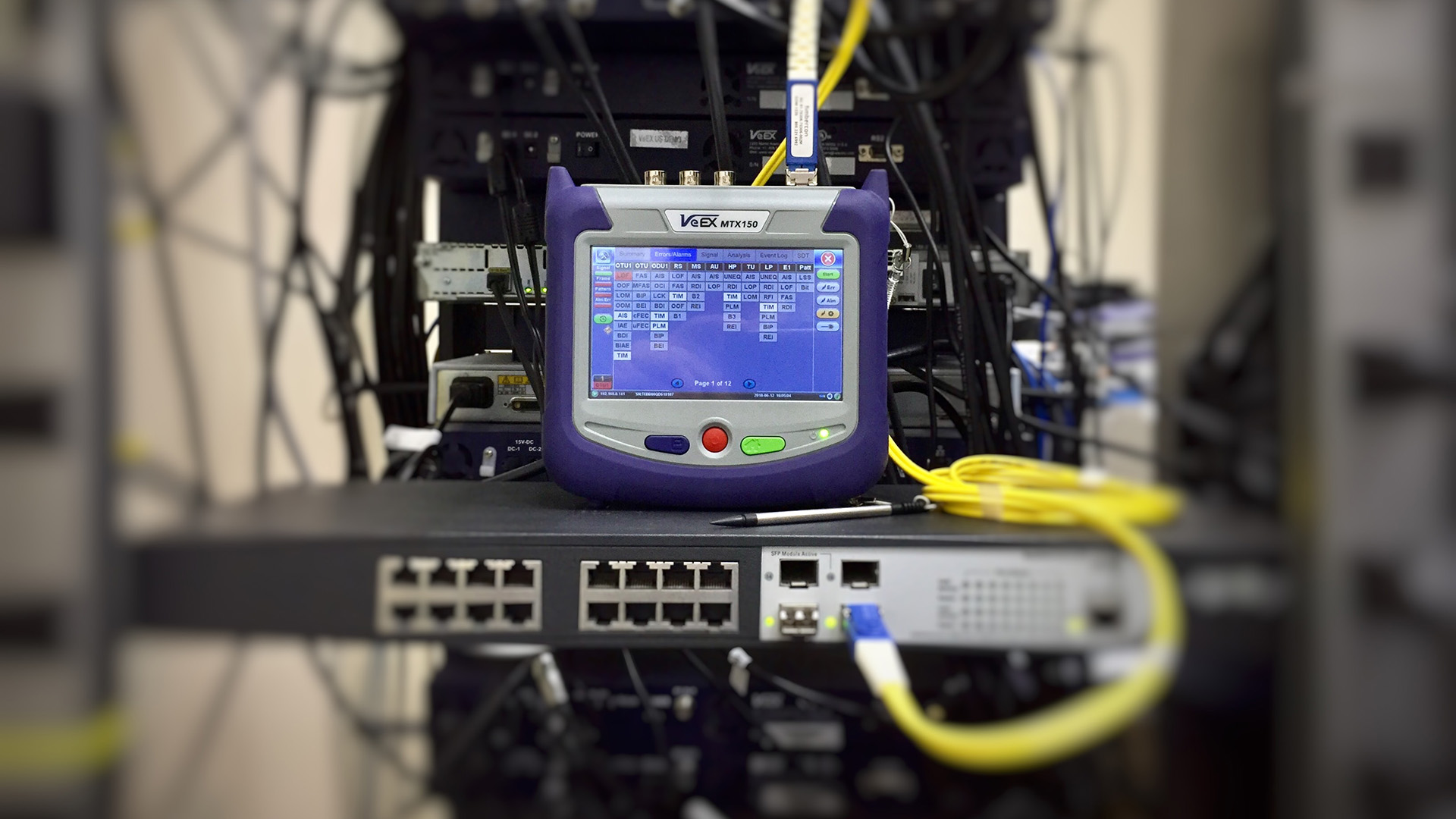Policy Recommendations
- Explain the benefits of digitalisation and the digital access to public services to citizens, in particular to the older generations.
- Convince reluctant institutions of the benefits of being a part of the digital system and offering digital services.
- Establish an Agency for Digitalisation and Registers and an institution tasked with cyber-security in the public administration.
Abstract
Since 2019, North Macedonia has been trying to digitalise its public services and install digital wallets in accordance with Regulation (EU) No 910/2014 of the European Parliament and the Council on electronic identification and trust services for electronic transactions in the internal market and
repealing. The authors of this Policy Brief outline the many political, social and administrative benefits that a fast implementation of these services would have.
The process, however, remains slow, and is riddled with problems coming from both citizens – due to a lack of knowledge, trust, and digital skills – and institutions, because of the need for legal amendments, inertia, the lack of understanding the benefits and trust in other institutions.
The Policy Brief is published in the framework of the WB2EU project. The project aims at the establishment of a network of renowned think-tanks, do-tanks, universities, higher education institutes and policy centres from the Western Balkans, neighbouring countries and EU member states that will be most decisive for the enlargement process and Europeanisation of the region in the upcoming years. The WB2EU project is co-funded by the European Commission under its Erasmus+ Jean Monnet programme.


Photo by Ildefonso Polo on Unsplash


